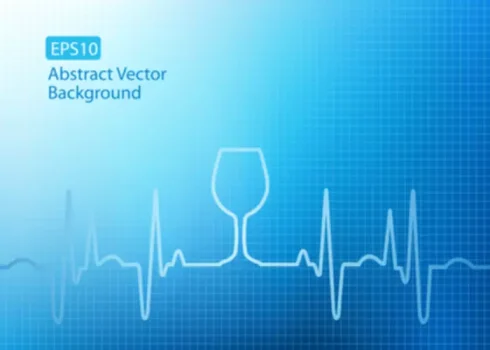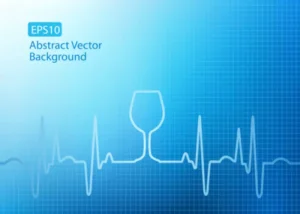
The most pronounced overall effect was observed in established market economies. The effects of alcohol on the body researchers found the smallest effect of alcohol in the Middle Eastern crescent, which is not surprising given the region’s high proportion of abstinent Islamic populations (Murray and Lopez 1997a). As anyone who’s consumed alcohol knows, ethanol can directly influence brain function. Ethanol is classified as a “depressant” because it has a generally slowing effect on brain activity through activation of γ-aminobutyric acid (GABA) pathways.

Brain Damage

Professional treatments and support can help you overcome alcohol misuse and alcohol use disorder and improve your overall health and well-being. The National Institute on Alcohol Abuse and Alcoholism defines moderate drinking as two or fewer drinks in a day for men and one or less in a day for women. Excessive (binge) drinking is defined as four or more drinks on a single occasion for women and five or more drinks on a single occasion for men. Alcohol’s impact on cognitive functioning can also make it challenging for people drinking alcohol to form and verbally express coherent thoughts.
- People under the influence of alcohol often experience a decrease in coordination, perception, and peripheral vision, which can make it difficult to walk in a straight line or drive a car, boat, or other vehicle.
- Over time, your brain’s structure and function change, leading to tolerance, meaning you may require higher amounts of alcohol to achieve the desired effects.
- Alcohol addiction is a disease characterized by a strong craving for alcohol, and continued use despite a negative impact on health, interpersonal relationships, and ability to work.
- And because your liver was so busy processing your drinks, it didn’t release enough sugar into your blood, bringing on weakness and the shakes.
How Alcohol Affects Your Body

After drinking 10 to 12 units of alcohol, your co-ordination will be highly impaired, placing you at serious risk of having an accident. The high level of alcohol has a depressant effect on both your mind and body, which makes you drowsy. There’s been an uptick in non-alcoholic drink options, as more and more companies are creating alternatives. A 2020 study found that when weekly drinkers were presented with and aware of increased non-alcoholic options, they were likely to choose them. Whether you’re a light, moderate, or heavy drinker, alcohol can reduce bone mass.
Kidney Damage
By promoting the release marijuana addiction of these feel-good neurotransmitters, alcohol temporarily amplifies feelings of joy and lightheartedness. This is because alcohol is toxic to the body, and the body is still working to get rid of the toxin. Intoxication impairs judgment and can result in inappropriate and illegal behaviors such as sexual promiscuity, disorderly conduct, driving while intoxicated and acts of violence.
- However, when researchers evaluate these potential factors, the risks outweigh any benefits.
- Alcohol poisoning (overdose) can happen if you drink large amounts of alcohol quickly.
- Incidence also was reduced among women, but only in those consuming low to moderate levels of alcohol.
- Alcohol use disorder (or alcoholism) is also a clear issue for the brain.
- Excessive (binge) drinking is defined as four or more drinks on a single occasion for women and five or more drinks on a single occasion for men.
- In low to moderate alcohol consumption, antioxidants may provide some cardiovascular benefits.
A comprehensive 2015 review found that alcohol use is one of the leading contributors to pancreatitis because it causes the pancreas to produce toxic substances. The pancreas is essential for breaking down enzymes and starches (like those in alcohol). When the pancreas becomes irritated and inflamed, you can develop pancreatitis.
What effects does alcohol have on mental health?

Alcohol can also contribute to arrhythmias (irregular heartbeats) and hypertension (high blood pressure), increasing the risk of heart attack, stroke, and heart failure. The short-term effects of alcohol develop quickly—within minutes after your first drink—impacting mood, coordination, speech, memory, and behavior. Drinking any amount or type of alcohol has a wide range of short- and long-term effects on your physical and mental health. As a central nervous system depressant, alcohol slows the body’s systems and leads to noticeable changes in cognitive and physical functions. If you drink more than 12 units of alcohol, you’re at considerable risk of developing alcohol poisoning, particularly if you’re drinking many units over a short period of time.
What we don’t know: The significant limitations of alcohol-related health research
With continued alcohol use, steatotic liver disease can lead to liver fibrosis. Eventually, you can develop permanent and irreversible scarring in your liver, which is called https://ecosoberhouse.com/ cirrhosis. Adolescent brains are more vulnerable to the negative effects of alcohol than adult brains.

